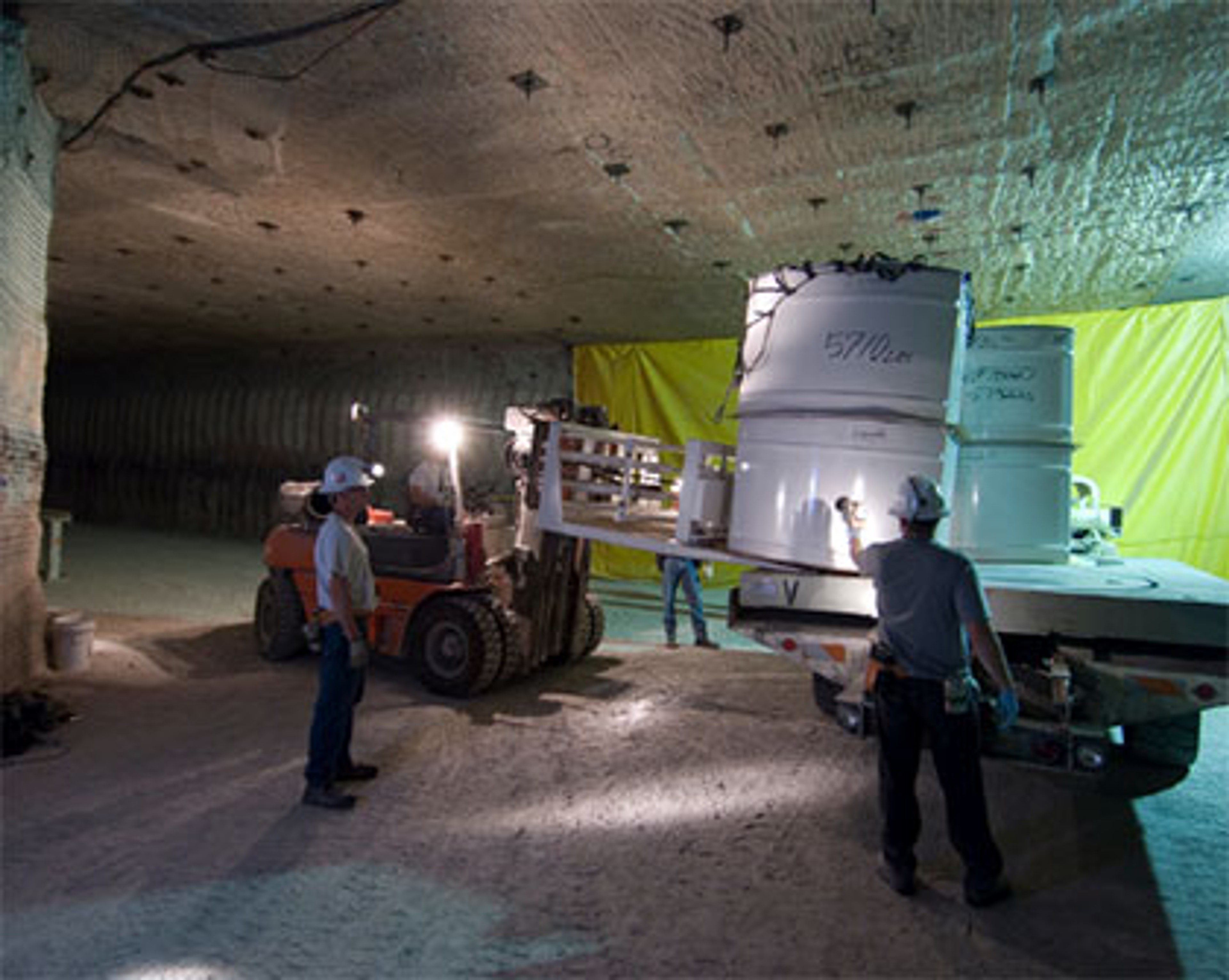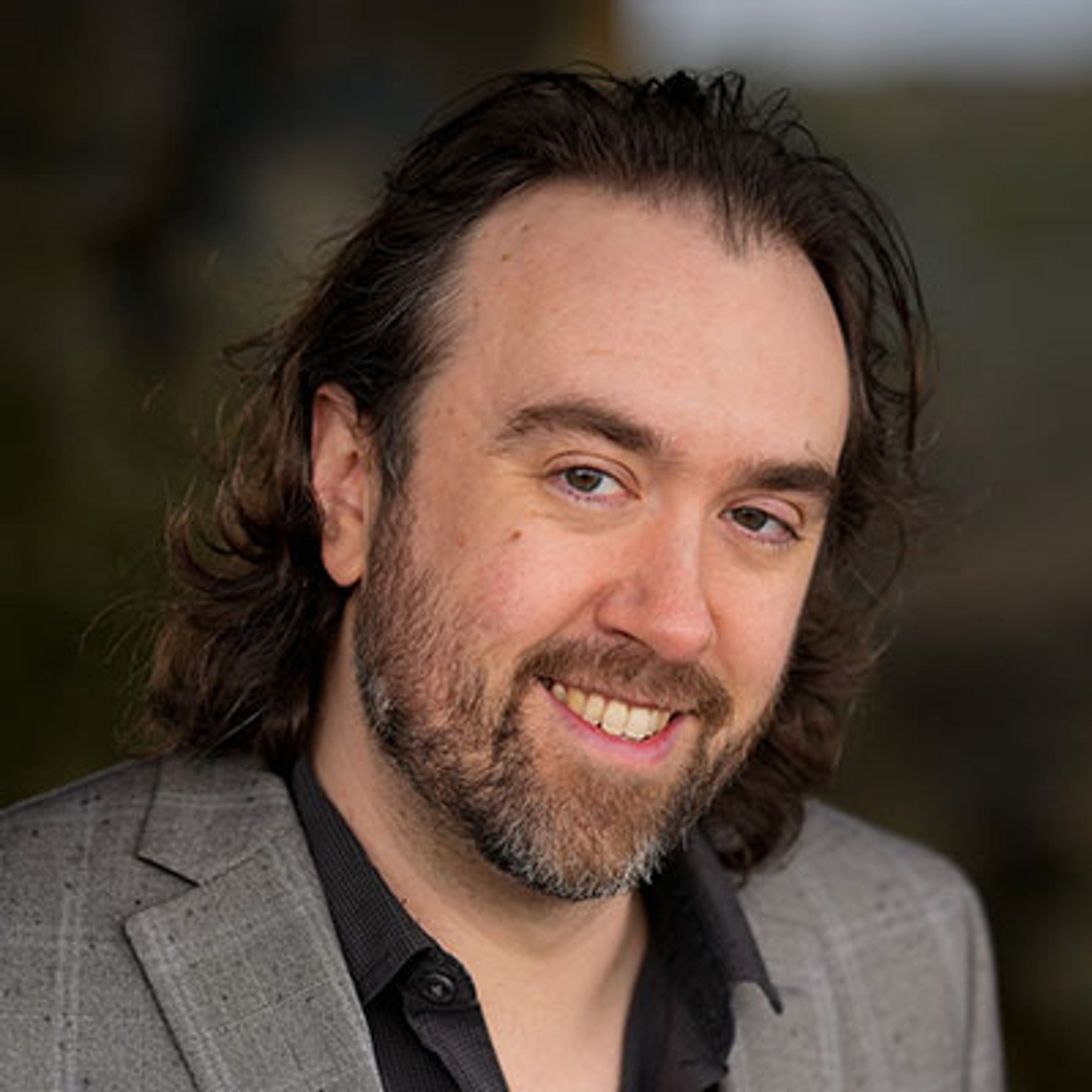Drum Breach: Typo Politics, Wildfire Futures, and WIPP’s Kitty Litter Nuclear Waste Accident
- Date: November 10, 2021
Location: Virtual or attend in person at the USC Doheny Memorial Library 241 or via Zoom.

Click here to register and receive your Zoom link. Please RSVP by 5:00 p.m. on Tuesday, November 30 to receive the Zoom link.
If attending in person, Trojan Check verification is required for all in-person events. Masks are required indoors.
In February 2014 at the WIPP transuranic waste repository in New Mexico, a drum erupted in fire. It exposed 22 people to radiation, shut down the underground facility for 35 months, and cost the United States over a billion dollars. Heat and pressure had built up in the drum due to chemical reactions with an organic kitty litter, Swheat Scoop, which had been mistakenly added to it at Los Alamos National Laboratory: the birthplace of the atomic bomb. This talk disrupts two prominent narratives: (a) that the accident was induced by a typo made after a waste packaging operations supervisor misheard ‘inorganic kitty litter’ as ‘an organic kitty litter’ during a meeting, and (b) that it was induced primarily by ‘mismanagement’ at WIPP, Los Alamos, and the U.S. Department of Energy (DOE)’s New Mexico field offices. It does so by exploring how a series of overambitious technopolitical initiatives, fraught labor relationships, financialized subcontracting arrangements, and DOE performance incentives set the stage for Los Alamos’s notorious error by accelerating US waste packaging, shipping, and repository emplacement rates beyond systemic capacity. Attention to these operational temporalities shows how an often-overlooked nexus of schedule pressures, political-economic imperatives, and regulatory breakdowns converged to modulate nuclear waste management workflows and, ultimately, trigger a radiological accident.
The event is co-sponsored by the USC Center on Science, Technology, and Public Life, the Berggruen Institute, the USC Spatial Sciences Institute, USC Department of History, and the USC Spatial History Research Group.
